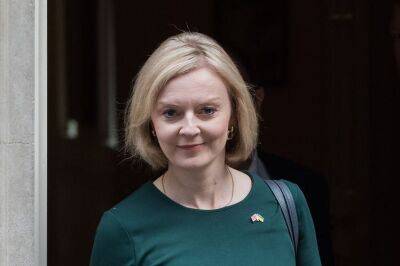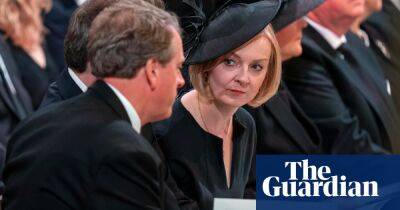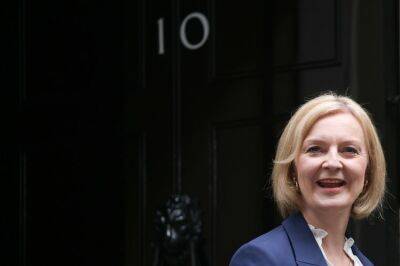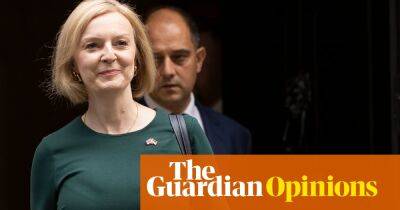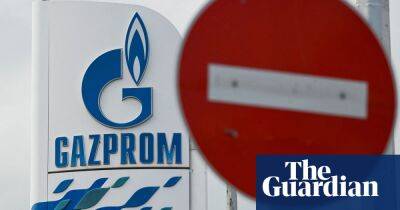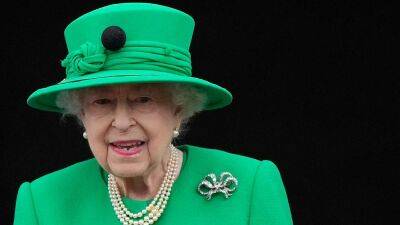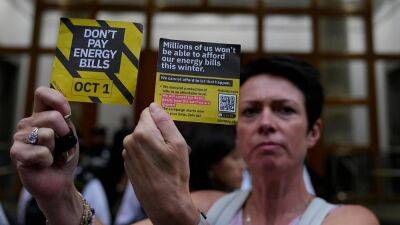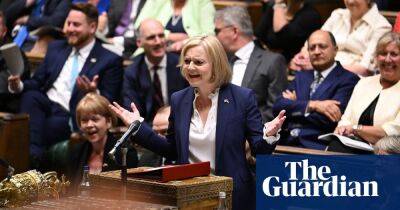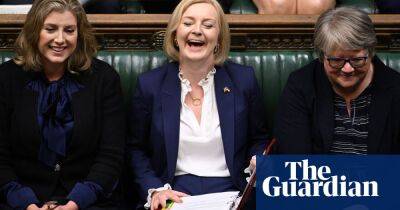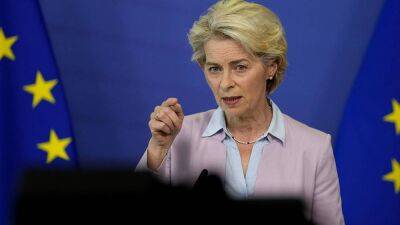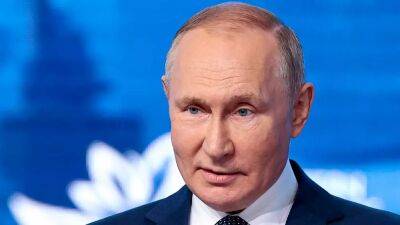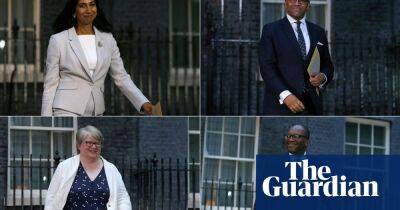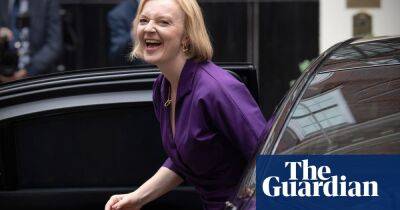UK facing 1970s-style balance of payments crisis under Liz Truss
Britain could face a 1970s-style balance of payments crisis in which the pound crashes if Liz Truss’s government loses the confidence of international investors, one of Europe’s biggest banks has warned.
In a note entitled “Crunch time for sterling”, published on the day Truss won the Conservative leadership race, Deutsche Bank’s foreign exchange analyst Shreyas Gopal said a large, unfunded and untargeted package of tax cuts and spending pledges could alarm global markets.
It could lead to foreign investors refusing to fund the UK external deficit by buying government debt, as investor confidence “cannot be taken for granted”, Deutsche says.
Gopal pointed out that the UK’s current account deficit is already at record levels, meaning sterling needs large capital inflows, supported by improving investor confidence and falling inflation expectations to support the currency.
“However, the opposite is happening,” Gopal wrote. “The UK is suffering from the highest inflation rate in the G10 and a weakening growth outlook.”
The UK’s current account measures the difference between UK imports and exports of goods and services, and between UK investments overseas and the returns that foreigners make on their investments in the UK. It hit a record 7.1% of GDP in the first three months of the year.
Inflation expectations could rise even higher if Truss’s administration changes the Bank of England’s mandate to fight inflation, as was suggested during the leadership race.
“A balance of payments funding crisis may sound extreme, but it is not unprecedented: a combination of aggressive fiscal spending, severe energy shock, and a slide in sterling ultimately resulted in the UK having recourse to an IMF loan in the mid-1970s,” Gopal said.
When he
Read more on theguardian.com

